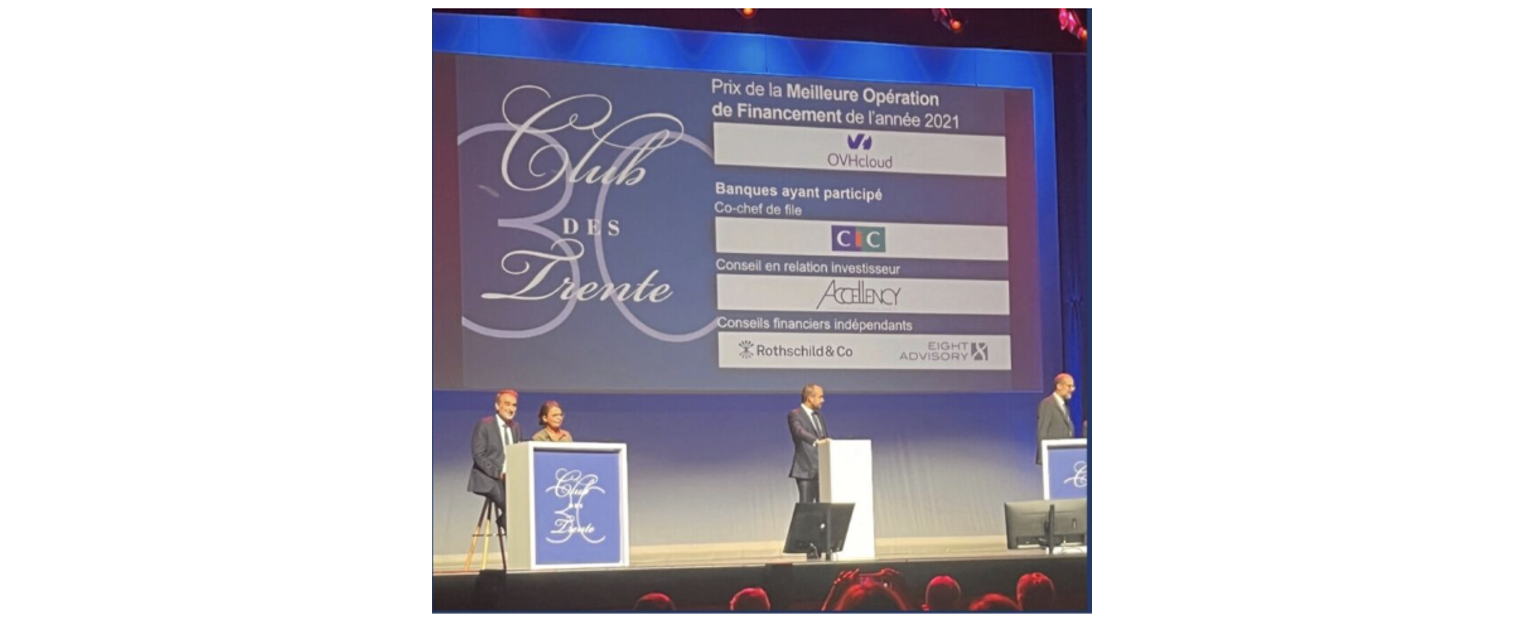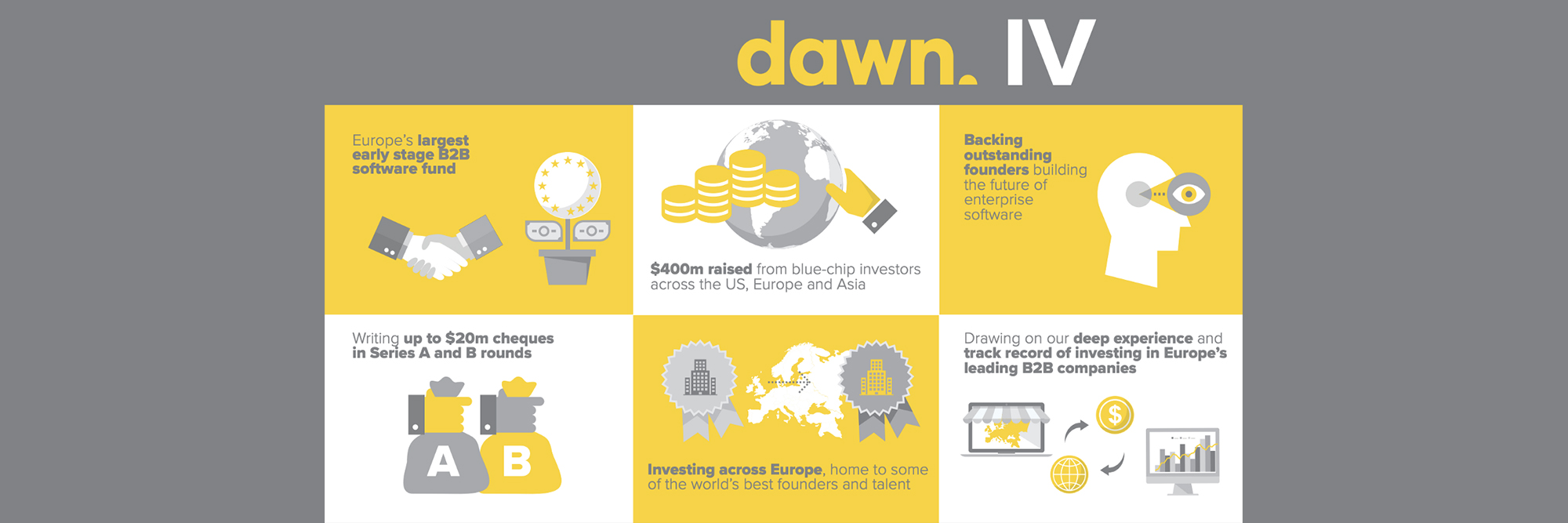US stock market listings aren’t driving higher valuations for European companies. This is the finding of recent analysis produced by the London Stock Exchange aimed at “mythbusting” common misconceptions about the UK & US stock exchanges.
LSE’s work shows that 4 high profile primary listing switches from the UK to the US have had no material impact on these shares’ discounts to peers. Similarly, of 20 UK companies who have listed in the US since 2014, only 4 are trading up, with 9 already de-listed and the remaining 7 seeing a valuation decline of 85%.
It’s actually reassuring that such a simple (but administratively expensive) arbitrage isn’t available in sophisticated, liquid equity markets. Alongside last month’s BofA Fund Managers’ survey showing the fastest month-on-month decline in sentiment for US equities on record, this is a reminder to issuers and investors that the simplistic equity market paradigm of US=Good & Europe=Bad is a lot more complicated in practice.
Growth – not location – explains the valuation and performance gap between the US and European stock markets. The US market is home to many globally dominant, highly innovative companies. Confidence in their growth prospects is driving the index. While European listed equity valuations do look low, there is no single structural challenge to blame.
For listed companies who are unhappy with their valuation… don’t complain to investors, don’t blame your stock exchange and certainly don’t do nothing.
You can increase the market’s confidence in your shares by presenting a clear, aspirational equity story. This is how to transform your business strategy into a compelling investor-friendly narrative which substantiates your growth prospects and valuation.





















